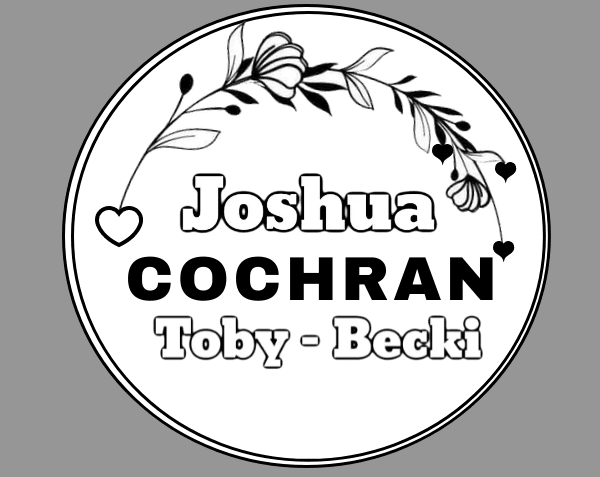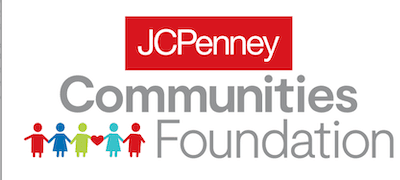Utah-based Intermountain Healthcare and the Icelandic company deCODE Genetics are teaming up on a deep dive into the DNA of half a million patients, a collaboration they hope can reveal connections between the makeup of our genomes and our health.
The partnership, announced Wednesday and dubbed the HerediGene: Population Study, aims to analyze the genomes of 500,000 patients from Intermountain’s network of clinics and hospitals in Utah and Idaho. Scientists and clinical experts from deCODE and Intermountain will compare the genomic data with patients’ medical histories to gain a better understanding of how our genes influence our health.
For deCODE, a subsidiary of Amgen, the project could also point to future therapeutics.
“The goal with the collaboration is primarily to make discoveries, and from deCODE’s point of view, another goal is to find drug targets,” said CEO Kári Stefánsson.
heart disease or colon cancer, for example, or why people respond differently to the same therapies. Researchers envision such findings could help experts predict and even prevent disease and develop more targeted therapies.
Recruiting patients for the study is expected to take five years. Patients who agree to participate will have their genetic data de-identified, but they can ask to be alerted if the analysis turns up mutations that cause or raise the risk of certain conditions.
For Intermountain, partnering with a company liked deCODE offered a way to sequence many more patients’ genomes than ordinarily would be analyzed. There is no cost to the patients for participating.
“Mapping people’s genomes is a way to really understand our population to the very core,” said Dr. Lincoln Nadauld, the chief of precision health at Intermountain.
For all that researchers have discovered about the genome since it was sequenced in 2003, a major limitation has been that much of our understanding of it comes from analyzing the DNA of people of European descent. That has had ramifications for everything from problems with ancestry tests for customers of color to more serious health concerns for non-Europeans, including faulty diagnoses.
Stefánsson said that human geneticists generally need to do a better job incorporating genomes from a wider range of ethnicities in their work. But he said that the genomic insights learned from these types of projects could have broad benefits.
“I think most of what we are finding is actionable to all ethnic groups,” he said.









